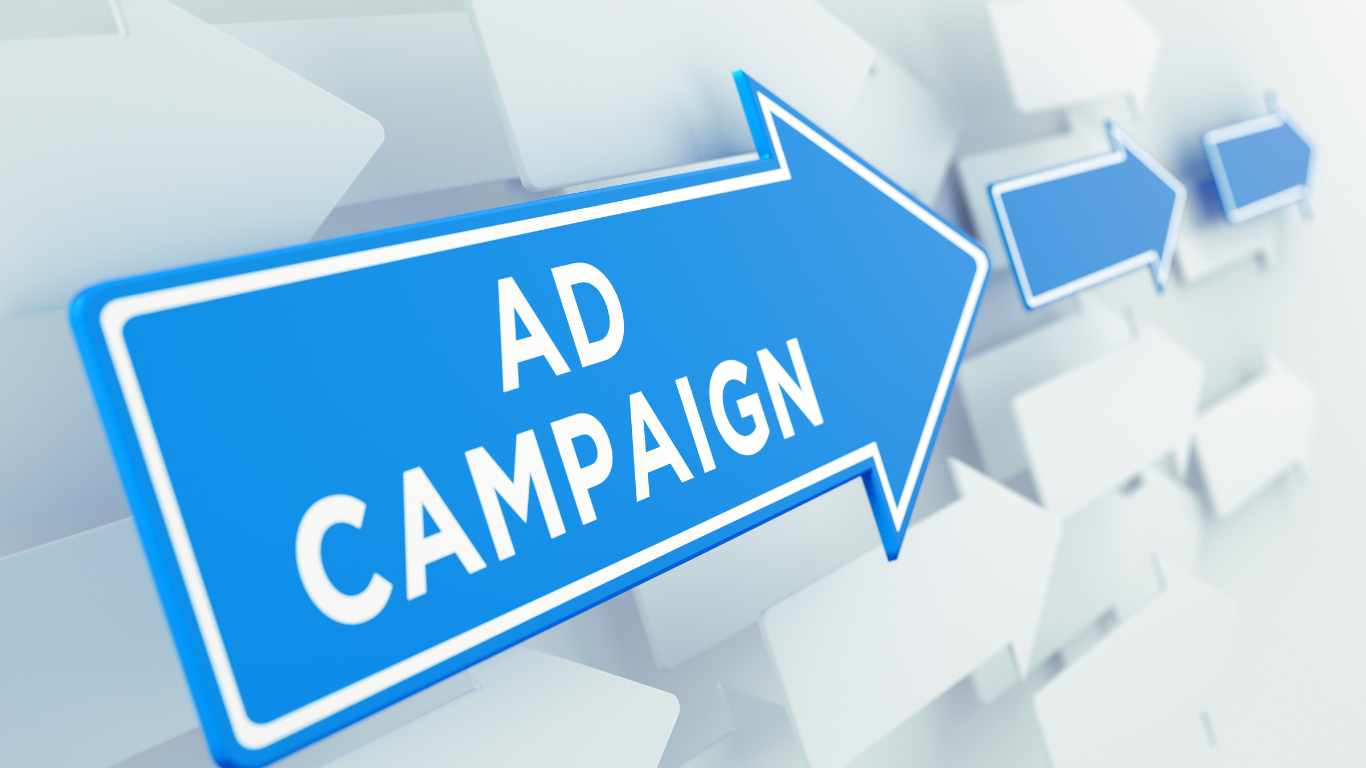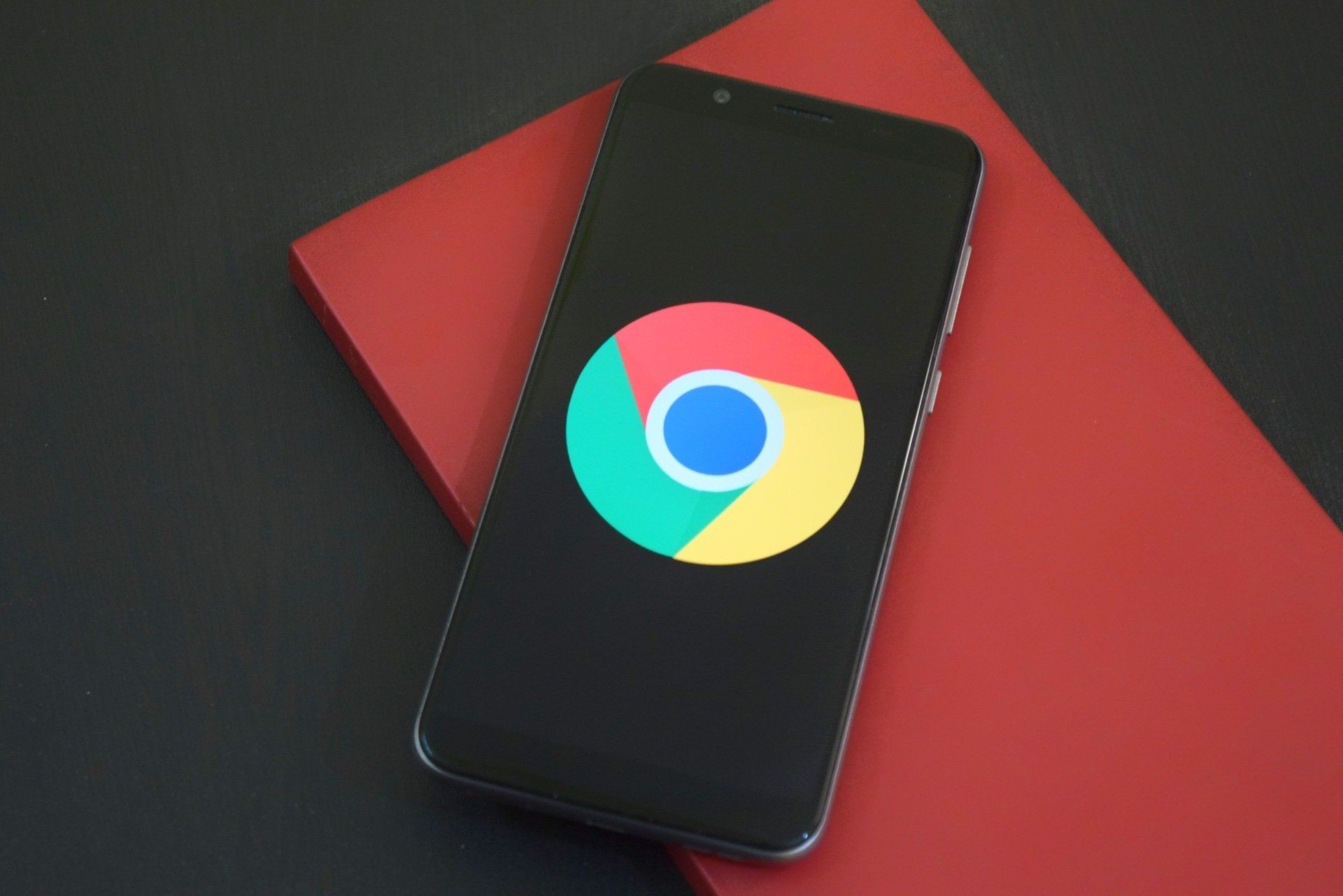The Future of Advertising: How Facebook Ads Are Helping Businesses Scale in 2025
Navigating the competitive landscape of digital marketing might seem daunting, especially for small business owners. However, with the right tools and strategies, even small businesses can effectively compete and thrive online. One such powerful tool is Facebook advertising, which offers a comprehensive solution to boost traffic, engagement, and conversions. In this guide, we'll outline the numerous benefits of Facebook advertising for small businesses, while sharing practical tips and best practices to optimise your ad performance and stay ahead of the competition.
With over 2.7 billion monthly active users, Facebook provides a fertile ground where businesses can reach and connect with their target audience. Facebook advertising expands your reach beyond organic traffic, allowing you to engage with users who may not have come across your business otherwise. Furthermore, Facebook's advanced targeting options let you accurately pinpoint the perfect audience, maximising your chances of converting them into customers.
Kickstart your journey towards Facebook advertising success with our in-depth guide, tailored specifically for small businesses striving to make their mark in the digital world. By the end of this journey, you'll be armed with the knowledge and skills needed to harness the true potential of Facebook advertising and elevate your business to new heights.
Understanding the Different Types of Facebook Ad Formats
To successfully leverage Facebook advertising for your small business, it's crucial to be acquainted with the various ad formats available. Each format caters to different marketing objectives and content styles, so choose the one that best aligns with your campaign goals and audience preferences.
- Photo Ads: Simple and visually appealing, photo ads allow you to showcase a single image of your product or service. These ads are ideal for promoting new products or highlighting special offers.
- Video Ads: Share engaging video content with your audience to tell a story, demonstrate product features, or share client testimonials. Videos should be high-quality, attention-grabbing, and optimised for mobile viewing. According to a research by Hootsuite, mobile-optimised video has a 27% higher completion rate (Source: https://blog.hootsuite.com/facebook-video-statistics/).
- Carousel Ads: Present multiple images or videos in a single ad, allowing users to swipe through them. Carousel ads are perfect for showcasing a series of products or different features of a single product.
- Slideshow Ads: Combine multiple images or video clips into a single ad containing a slideshow. This format permits businesses to convey a more detailed message with minimal loading time, making it suitable for users with slow internet connections.
- Collection Ads: Feature several products in a single ad, allowing users to browse and shop directly from the ad. This mobile-exclusive format is ideal for showcasing an entire product range or promoting a sale.
Crafting Successful Ad Creatives
The creatives utilised in your Facebook ads play a pivotal role in grabbing users' attention and persuading them to take action, be it clicking your ad, visiting your website, or making a purchase. Keep the following principles in mind when designing your ad creatives:
- Maintain brand consistency: Ensure your ads consistently reflect your brand's identity, colours, tone, and style, as this aids in reinforcing brand image and fostering trust with users.
- Utilise high-quality imagery and visuals: Invest in professional photography or graphic design to create eye-catching visual content that showcases your products or services in the best light.
- Write persuasive and action-oriented copy: Craft compelling ad copy that highlights the unique selling points (USPs) of your products or services and incentivises users to take the desired action.
- Include clear calls-to-action (CTAs): Incorporate distinct CTAs such as "Learn More," "Shop Now," or "Sign Up," guiding users towards the subsequent steps in the customer journey.
Implementing Advanced Audience Targeting
Facebook offers a wealth of targeting options to ensure your ads reach the most relevant audience, significantly increasing engagement and conversion rates. Here are several advanced targeting options to consider when creating your ad campaigns:
- Custom Audiences: Upload a list of existing customer contact information, and Facebook will display your ads to those users. This strategy enables businesses to target customer segments with personalised offers or keep them engaged with your brand.
- Lookalike Audiences: Target users who share similar traits with your existing customers, improving the likelihood of converting them into clients. This approach helps businesses expand their reach and tap into a new, highly relevant audience.
- Demographic, Interest, and Behavioural Targeting: Reach users based on their demographics (age, gender, location, etc.), interests (topics they follow, pages they like, etc.), and behaviours (online activities, purchasing patterns, etc.). Utilise these targeting options to reach users with high purchase intent or a demonstrable interest in your niche.
Setting Budgets and Bidding Strategically
Allocating an appropriate budget and selecting the right bidding strategy are crucial factors that impact the performance and ROI of your Facebook ad campaigns. Follow these tips to make the most of your ad spend:
- Start with a test budget: Set aside a small budget for testing your ads and identifying what works best for your target audience. Once you've discovered your best-performing ad creatives and targeting options, gradually increase your ad spend.
- Identify your maximum cost-per-acquisition (CPA): Calculate the maximum amount you're willing to spend to acquire a new customer, keeping in mind your profit margins and customer lifetime value.
- Choose the right bidding strategy: Facebook offers various bidding strategies such as Cost per Click (CPC), Cost per Impression (CPM), Cost per Action (CPA), and others. Choose the right option based on your campaign objectives and performance metrics.
- Regularly monitor ad performance: Regularly review and adjust your budgets and bids according to changes in performance metrics, competition, and seasonality to ensure optimal ad performance.
Analysing and Optimising Ad Campaign Performance
Consistently analysing and optimising your Facebook ad campaigns is essential to maintain a strong return on investment and improve overall performance. Utilise Facebook's ad reporting tools to monitor key performance metrics and make data-driven decisions:
- Track conversions and attribution: Set up Facebook's conversion tracking pixel on your website to monitor conversions and sales directly attributed to your ads.
- Monitor ad relevance scores: Facebook assigns a relevance score to each ad, reflecting its quality and relevance to your target audience. Ads with higher relevance scores often have lower CPCs and CPMs. Monitor these scores and adjust your creatives and targeting accordingly.
By implementing these strategies and practices, your small business will be well-equipped to harness the power of Facebook advertising and achieve significant success in driving traffic, engagement, and conversions.
Achieve Facebook Advertising Success with Elk Media Group
Facebook advertising presents a multitude of benefits for small businesses, ranging from increased brand exposure to targeted engagement and higher conversion rates. By understanding various ad formats, designing captivating creatives, employing advanced audience targeting, setting strategic budgets and bids, and carefully analysing your campaign performance, you can make the most of your advertising efforts on Facebook.
Our
digital marketing services in Brisbane will guide you through the entire process of creating and optimising your Facebook ad campaigns, ensuring that your small business reaps the maximum benefits from this powerful advertising platform. By outsourcing your marketing efforts to us, you can focus on what you do best—providing exceptional products and services to your customers.










